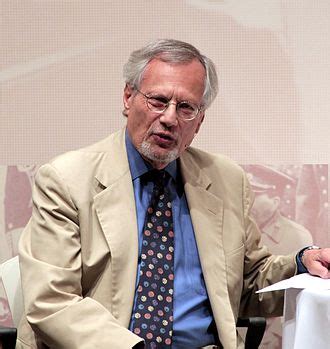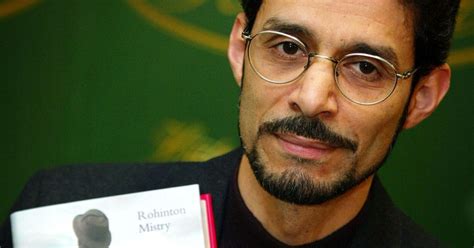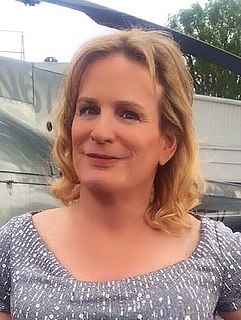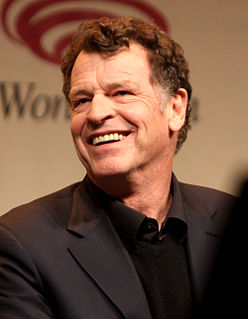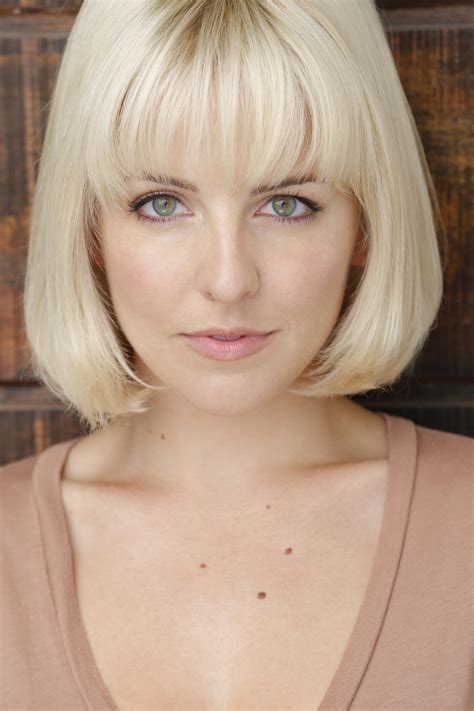A Quote by Andrew Rosenthal
The fact of the matter is, particularly when covering a campaign, which is a very high-speed story, it's incredibly unusual for the reporter to be in the same place as the dateline when the story is filed.
Related Quotes
Everyone underestimates their own life. Funny thing is, in the end, all our stories...they're the same. In fact, no matter where you go in the world, there is only one important story: of youth, loss and yearning for redemption. So we tell the same story, over and over. Only the details are different.
What's your story? It's all in the telling. Stories are compasses and architecture; we navigate by them, and to be without a story is to be lost in the vastness of world that spreads in all directions like arctic tundra or sea ice. To love someone is to put yourself in their place, we say, which is to put yourself in their story, or figure out how to tell yourself their story. Which means that a place is a story, and stories are geography, and empathy is first of all an act of imagination, a storyteller's art, and then a way of traveling from here to there.
Even very smart people can try to shoehorn new information that just doesn't fit into an existing paradigm.For a long time the story that we've been telling ourselves is that humans are just another animal. We evolved from other animals and our place in the universe isn't particularly special. What I'm trying to convey in my book [The Sixth Extinction] is that we are unusual.
[on playing Walter] It was wonderful to be able to play a character who had so many colors and who was able to play comedy, to play incredibly vulnerable, which he did a lot of the time, to play the love story, and to play the relationship with the son, which is quite unusual. That's a gift to me, as an actor. It was like everything you could possibly hope for, over five years. So, I was a very lucky actor.
